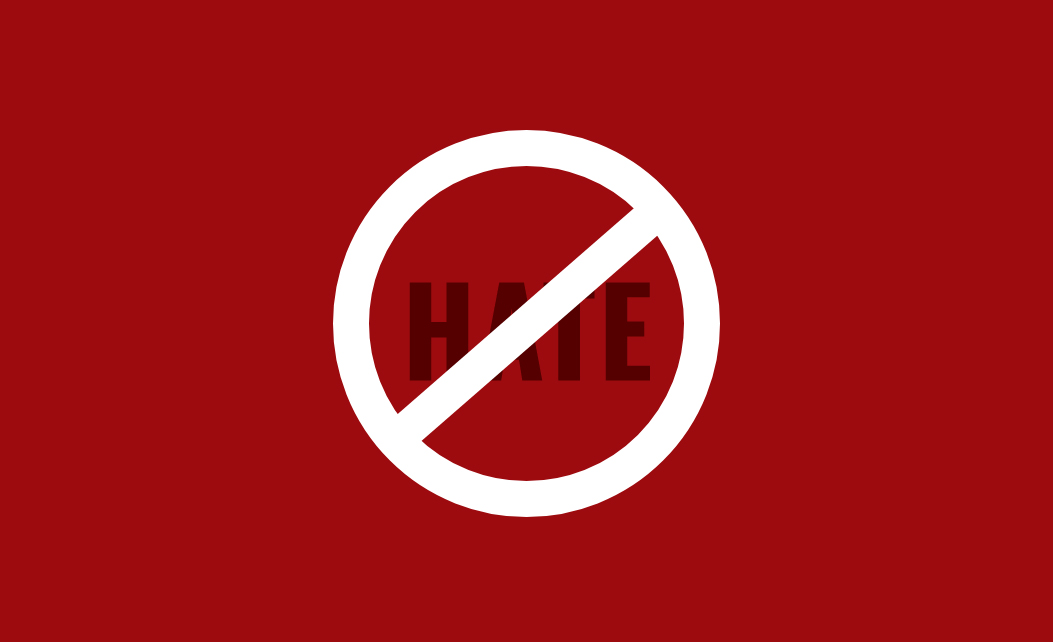Listverse “cult” story debunked
Margaret Singer based her work on what she claimed to be the results of studies into the treatment of prisoners of war during the Korean War. Anthony showed that the entire Korean brainwashing scare lacked scientific substance; it was a propaganda campaign concocted to perpetuate the anti-Communist hysteria of the McCarthy era.

7 April 2017
Chief Editor
Listverse.com
Dear Jamie,
I read the piece on “cults,” by Shannon Quinn, the foundation for which appears to be the late Margaret Singer. Shannon did not do full research into this subject by a long, long measure. Singer’s theories were debunked by her own board of peers, the findings of which were upheld in numerous courts. Simply put, she was an anti-religious fraud and no one but those whose purpose was to attack religions bought into her disproven junk. The following is provided for your use and publication.
The APA formally dismissed Singer’s ideas in the 1980s after she and her associates from the American Family Foundation (AFF), an anti-religious hate group, formed a task force within the APA on “deceptive and indirect methods of persuasion and control.”
The mantra of the anti-religious movement of the 1970s, 80s and early 90s revolved around the long-debunked theory of “cultic coercive persuasion” devised by psychologist Margaret Singer and sociologist Richard Ofshe. The theory, used to justify the practice of violent deprogramming of members of new religions, flew in the face of one of the most fundamental rights protected by the First Amendment and international human rights law—freedom to exercise the religion of one’s choice.
The APA formally dismissed Singer’s ideas in the 1980s after she and her associates from the American Family Foundation (AFF), an anti-religious hate group, formed a task force within the APA on “deceptive and indirect methods of persuasion and control.” This task force submitted its report to the Board of Social and Ethical Responsibility for Psychology of the APA.
The Board rejected the task force report in May 1987, declaring that
“in general, the report lacks the scientific rigor and evenhanded critical approach needed for APA imprimatur.”
The APA Board also warned the task force members not to imply that the APA in any way supported the positions they had put forward in their report.
Prior to its rejection of Singer’s report, the APA had already endorsed a position contrary to Singer’s “coercive persuasion” theory in an amicus brief before the California Supreme Court in Molko v. Holy Spirit Association for the Unification of World Christianity.
The forward of the amicus brief contained a stinging comment that forecast the repudiation the APA would later deal to Singer:
[The] APA believes that this commitment to advancing the appropriate use of psychological testimony in the courts carries with it the concomitant duty to be vigilant against those who would use purportedly expert testimony lacking scientific and methodological rigor.
Blind to this lack of support from her colleagues, Singer continued to sell her services as an “expert” witness and was permitted to testify in the case of Kropinsky v. World Plan Executive Council. In August 1988, the District of Columbia Court of Appeals overturned the case, citing the lack of acceptance of Singer’s theories:
Kropinsky failed to provide any evidence that Dr. Singer’s particular theory, namely that techniques of thought reform may be effective in the absence of physical threats or coercion, has a significant following in the scientific community, let alone general acceptance.
The Appellate Court dismissed Singer’s testimony, finding it to have been an attempt to bolster a civil litigant’s specious claim to collect damages.
In 1989, Singer’s status received another blow in the decision of the Fourth Appellate District Court of Appeal of California in Robin George v. International Society for Krishna Consciousness of California. Singer was hired to testify that Robin George had been “brainwashed” into joining the Hare Krishna movement.
The Appellate Court dismissed Singer’s testimony, finding it to have been an attempt to bolster a civil litigant’s specious claim to collect damages. The Court stated:
The brainwashing theory of false imprisonment is no more than an attempt to premise tort liability on religious practices the Georges find objectionable. Such a result is simply inconsistent with the First Amendment.
In 1990, in United States v. Fishman, U.S. District Judge D. Lowell Jensen rejected Singer’s theories and those of her sociologist colleague Richard Ofshe. He prohibited both Singer and Ofshe from testifying as expert witnesses about “thought reform.”
In 1991, in Patrick Ryan v. Maharishi Yogi, the U.S. District Court in Washington, D.C., applying a looser standard than in the Fishman case, still found that Singer’s theories lacked acceptance in the scientific community.
Instead of attempting to compile scientific evidence to support their theories (or adopting theories that could stand up to the rigors of scientific inquiry), Singer and Ofshe then took the novel approach of suing the APA, the American Sociological Association and respected scientists for rejecting their theories and for criticizing their shoddy research methods. Singer and Ofshe complained that the defendants had conspired to deny them employment as paid expert witnesses in the anti-religious community. U.S. District Judge Lawrence McKenna dismissed their complaint as “absurd.”
As Professor of Divinity Harry Cox at Harvard University observed: The term ‘brainwashing’ has no respectable standing in scientific or psychiatric circles, and is used almost entirely to describe a process by which somebody arrived at convictions that I do not agree with.
Undaunted, Singer and Ofshe filed a similar case in California. This complaint was stricken by Judge James R. Lambden under California’s anti-SLAPP (Strategic Lawsuits Against Public Participation) statute. Lambden also ordered Singer and Ofshe to pay attorney fees of $80,000.
As Professor of Divinity Harry Cox at Harvard University observed:
The term ‘brainwashing’ has no respectable standing in scientific or psychiatric circles, and is used almost entirely to describe a process by which somebody arrived at convictions that I do not agree with. - John T. Biremans, The Odyssey of New Religions Today
Dick Anthony, a forensic psychologist and foremost expert on “religious brainwashing,” conducted an extensive study of the scientific literature debunking Singer’s theories. Singer based her work on what she claimed to be the results of studies into the treatment of prisoners of war during the Korean War. Anthony showed that the entire Korean brainwashing scare lacked scientific substance; it was a propaganda campaign concocted to perpetuate the anti-Communist hysteria of the McCarthy era.
Jeffrey Murphy
Los Angeles, Calif.





